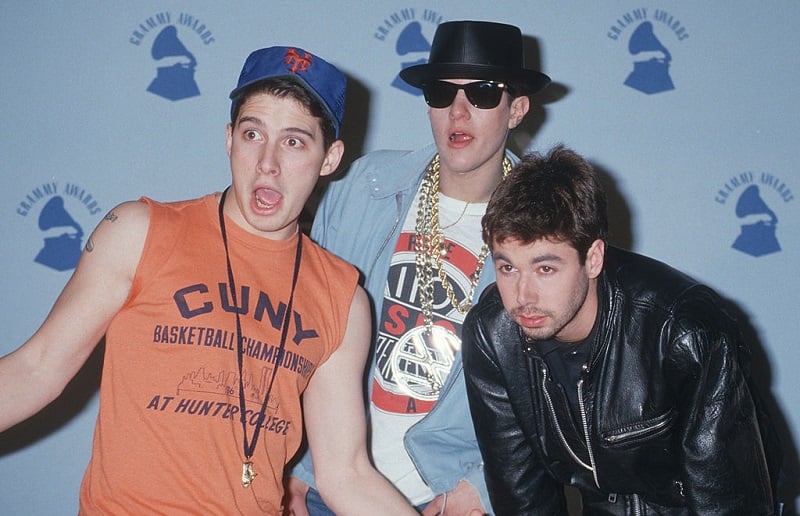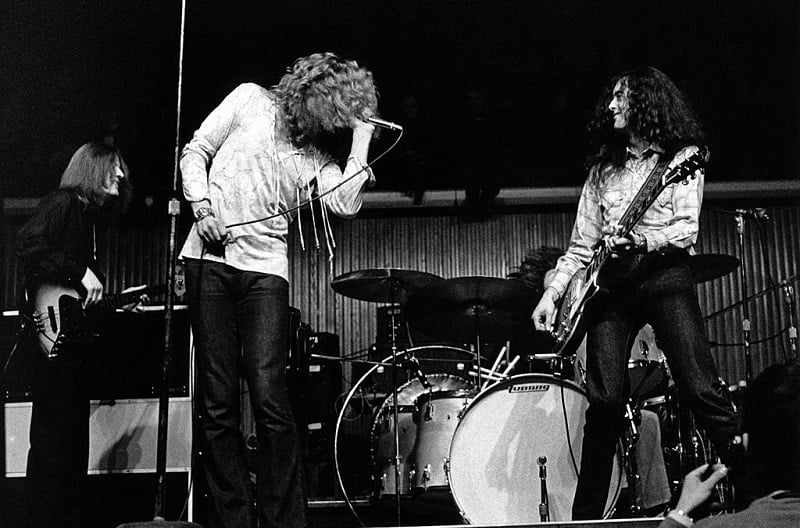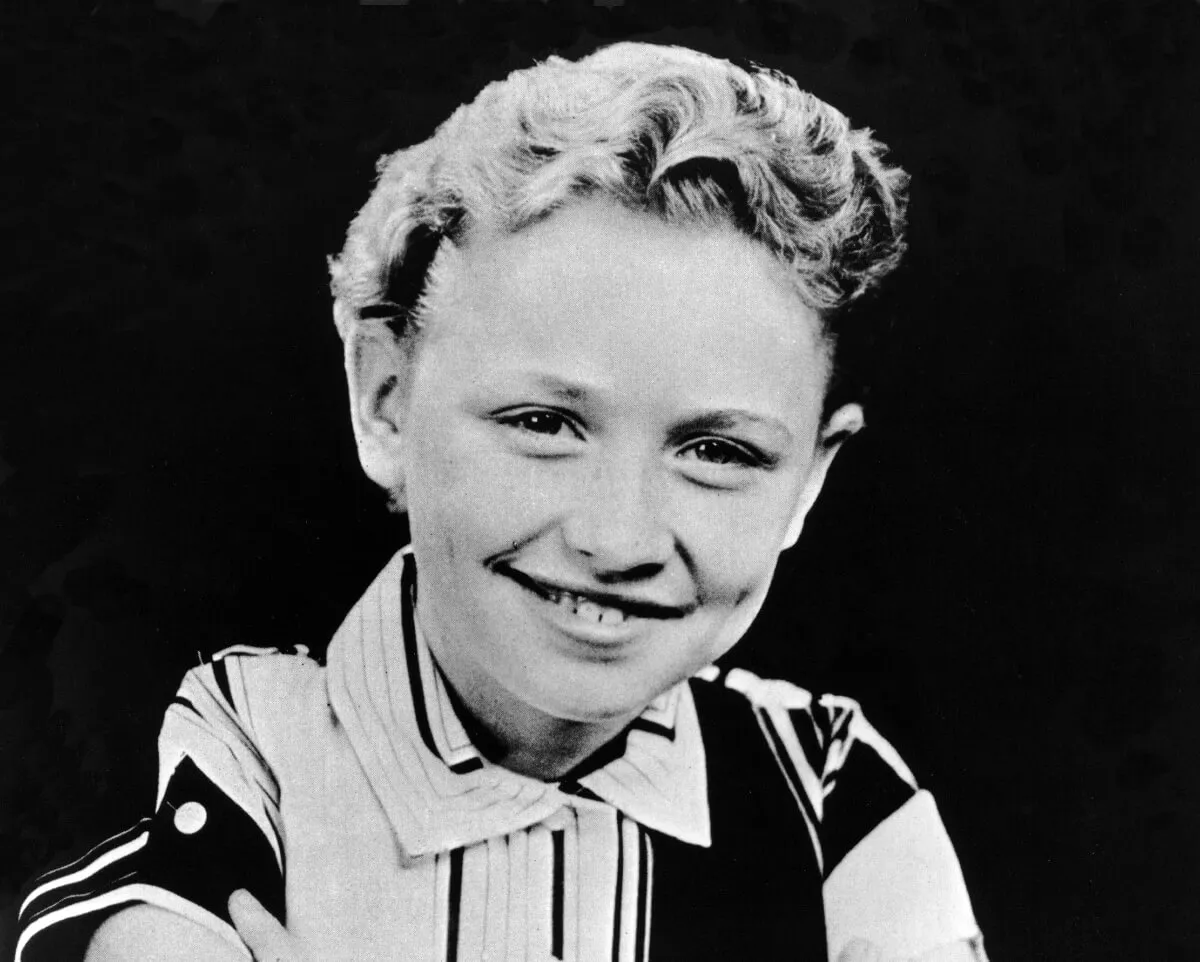Jimmy Page Never Went After the Beastie Boys for Sampling Led Zeppelin Songs
For fans of Led Zeppelin, finding a “greatest” or even a favorite song can be tough. And it’s not very different for the band members themselves. Whenever Zep founder Jimmy Page fields that question, it sounds like he’s being asked to pick a favorite child.
But even for a band that made countless grandiose statements on their records, “When the Levee Breaks” stands above most Zep songs. That track, of course, kicks off with the John Bonham drum beat that sounds like the war march of a vicious medieval battalion.
And when the Beastie Boys were putting together their first album, they realized that Bonham’s “When the Levee Breaks” beat could serve as an appropriate opening statement. So they looped it, added a few record scratches, and had it kick off License to Ill (1986).
But the Beasties didn’t stop there. Two classic Page riffs — one from Houses of the Holy, one from Physical Graffiti — also made it onto the trio’s No. 1 debut album (rap’s first). And somehow it never prompted legal action by Page or Zep’s attorneys.
The Beastie Boys said they never heard from Led Zeppelin lawyers

Looking back at the golden age of hip hop (roughly, 1986-94), you might as well call it a golden age of sampling, too. So many sparkling cuts from the era used James Brown beats (and more) as backgrounds for the great lyricists and producers of the day.
On Eric B. and Rakim’s “I Know You Got Soul” (1987), the duo heavily sampled The J.B.’s 1971 song (of the same name) to make one of their masterpieces. Taking that sample out would change the song completely, and you can say the same for the Beasties’ “Rhymin and Stealin.”
Without Bonham’s epic drums, the Beasties wouldn’t have projected the same level of swagger on their hit album’s opening track. You could argue the same for “She’s Crafty,” which borrowed Page’s “The Ocean” riff throughout. (A snippet of Page’s “Custard Pie” riff also turned up on License to Ill.)
But despite the flagrant Zep sampling, Beastie Boy Michael Diamond (Mike D) said his group never heard from Zeppelin’s representatives. Later comments by Page might explain why.
Jimmy Page considered the Beasties’ sampling ‘a compliment’

While Zep singer Robert Plant admitted to stealing lyrics from at least one blues song, there were times when Page considered copyright lawsuits against them to be frivolous. (“Bring It On Home,” which Page thought was an obvious tribute to Sonny Boy Williamson, counts among them.)
In the case of the Beasties sampling Zep material, it appears Page stayed consistent in his idea of a tribute. “I guess I felt it was a compliment,” Page told Radio.com in 2014. Though he didn’t elaborate on this occasion, Page noticed the other samples.
“I know the Beastie Boys used quite a bit of our stuff, really, didn’t they?” he said. Maybe it’s a case of “what goes around, comes around” then. If you made that argument, it might bring to mind lyrics from the Beasties’ second album. That track, “What Comes Around,” also featured a Led Zeppelin sample.


